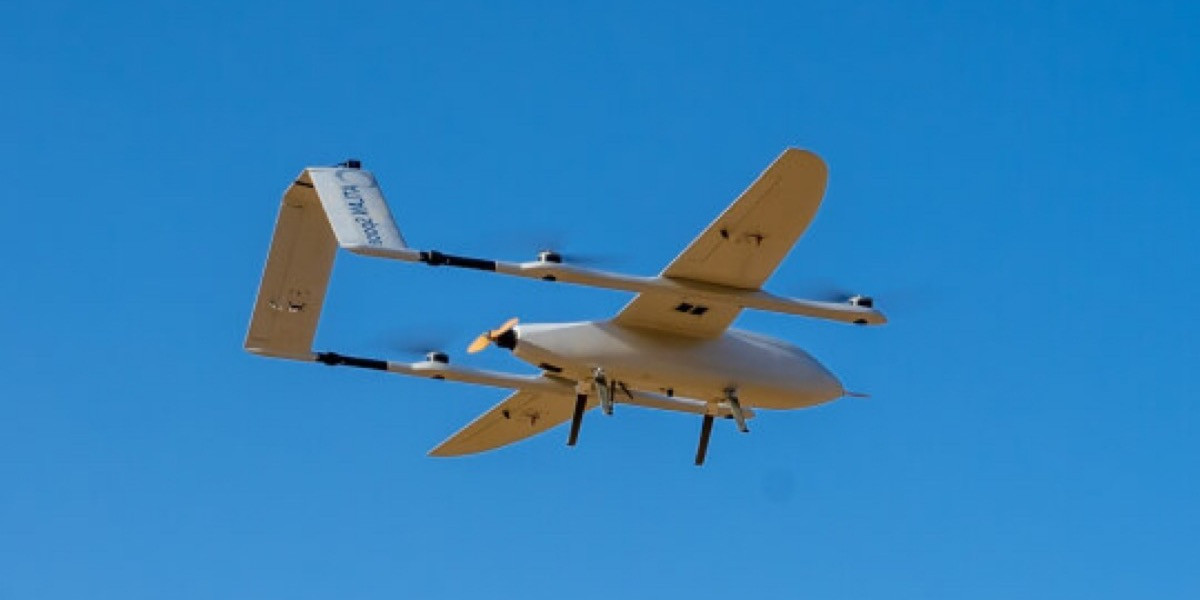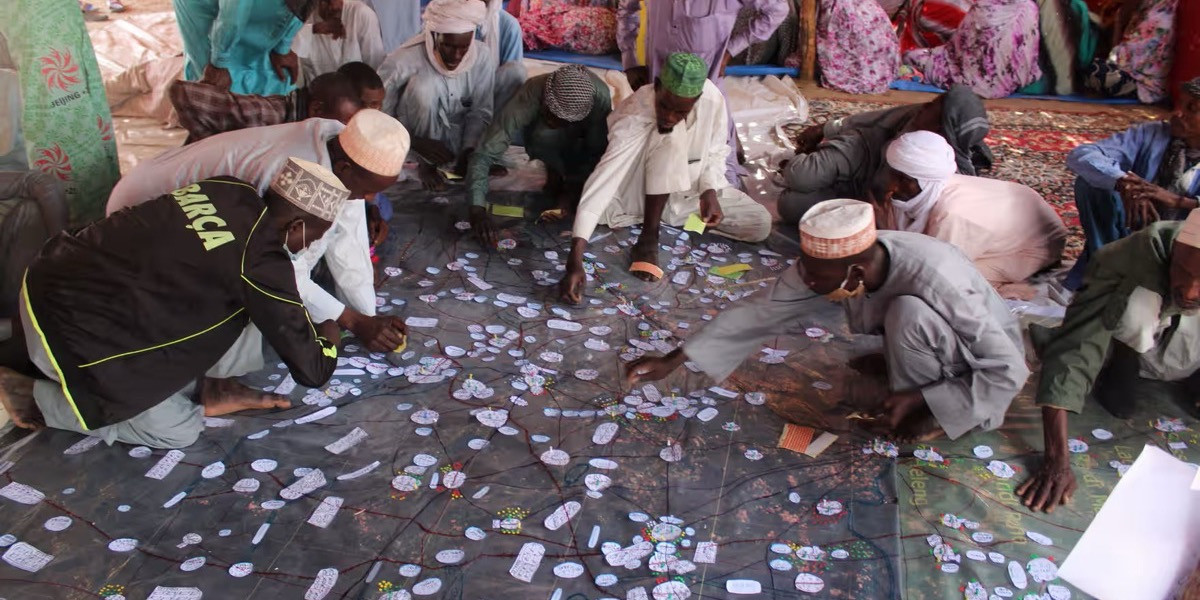ATLAN Space
Fighting environmental crimes
How does it work?
Moroccan technology startup ATLAN Space is developing artificial intelligence (AI) to guide autonomous drones so they can scan large areas for "environmental crimes" like illegal fishing, poaching or deforestation. Drones will be armed with information about illegal fishing hotspots, explains Badr Idrissi, CEO and co-founder of ATLAN Space. Once a drone detects a boat, AI will enable it to verify whether it is a cruising boat, tanker or fishing vessel. The drone will then establish whether the boat is operating inside a marine protected area, and if it is an authorized fishing vessel. If it concludes that the activity is illegal, the drone will register the boat's location, identification number, and number of people on board and relay this information to authorities via satellite.
Why is it needed?
Currently governments employ light aircraft or coast guard vessels for this kind of surveillance. "With artificial intelligence we are able to replace the pilot, the data analyst, transmission equipment, and with that we can reduce the cost," says Idrissi, a former account manager at Microsoft. He adds that using drones guided by AI would relieve coast guards from their monitoring duties and allow them to focus on intercepting vessels. According to Idrissi, ATLAN Space technology can be integrated in any type of drone. He says the operational range could reach up to 800 kilometers when using drones equipped with a combustion engine.
How does it improve life?
Across Southern Africa, drones are used to protect elephants and rhinos from poaching. In Sudan, a startup wants to drop Acacia tree seeds from the sky to tackle desertification, and in South Africa, drones are used in agriculture to monitor crop health and detect disease. In Rwanda, drones deliver vital medical supplies like blood and vaccines to remote areas. They are also used for critical humanitarian missions, like mapping displaced people in Niger, Burkina Faso and Uganda.






